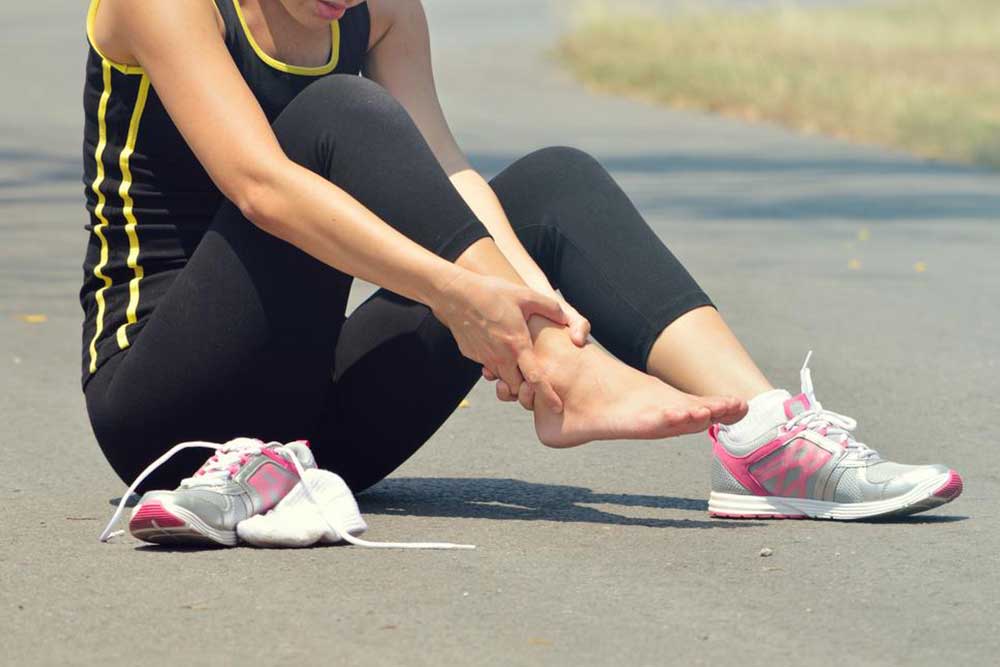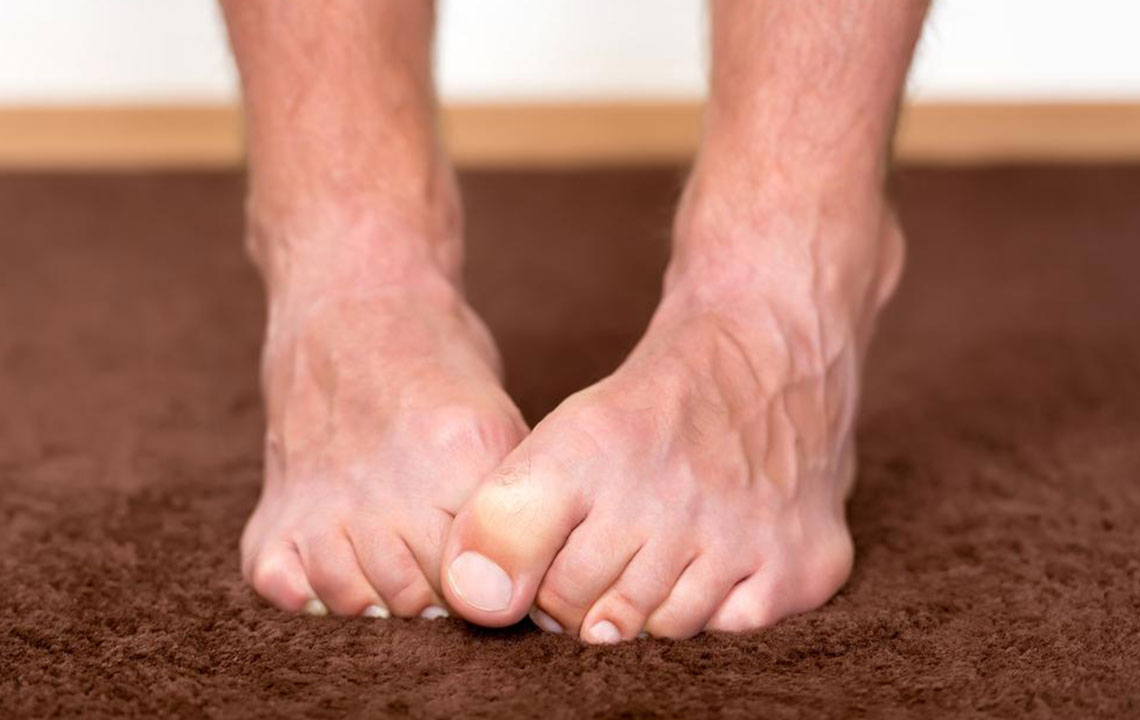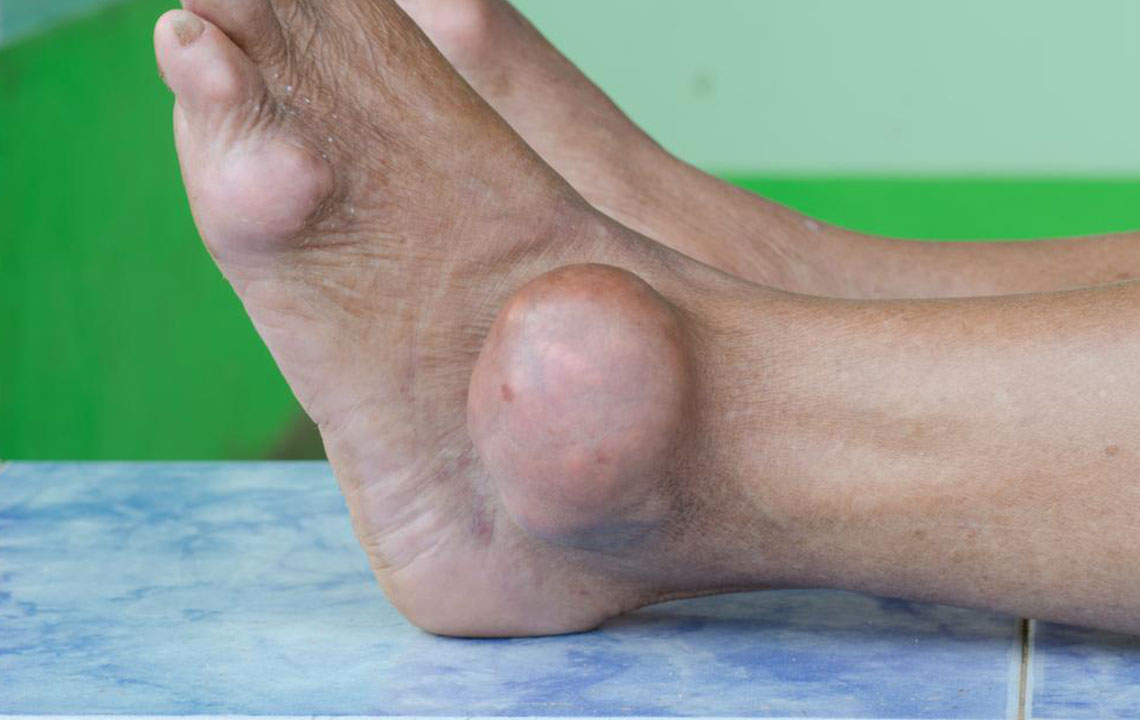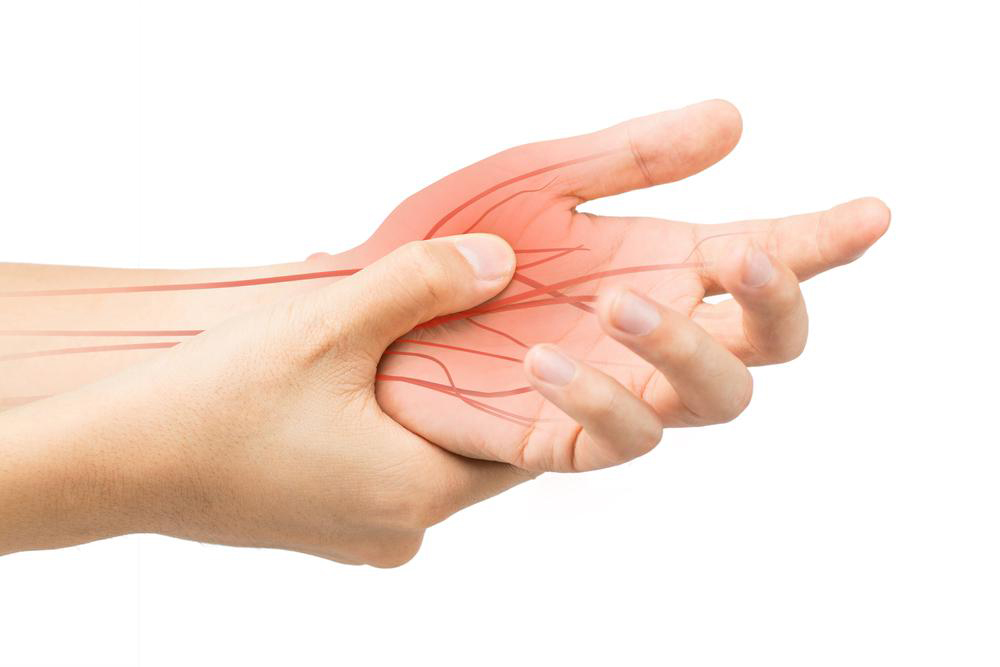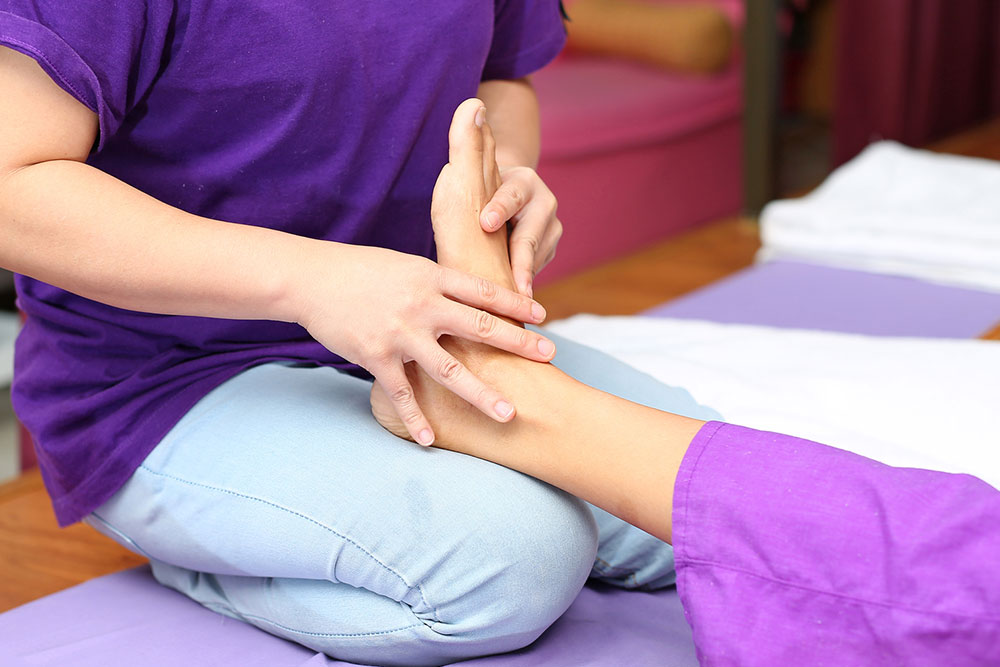Effective Strategies to Manage Peripheral Nerve Damage
Learn effective self-care strategies to manage peripheral nerve damage, including lifestyle changes, diet, exercise, and foot protection. Early diagnosis and proactive management can help reduce symptoms and prevent complications. This guide is essential for individuals at risk or experiencing nerve-related issues, promoting better quality of life through practical tips and lifestyle adjustments.

Strategies for Controlling Peripheral Nerve Damage
Peripheral nerve damage can result in pain and discomfort, affecting daily life. While medical treatments such as medications, therapies, or surgeries are common, self-care plays a crucial role in symptom management. Implementing these practical tips can help alleviate pain and improve quality of life. Whether you are at risk or already experiencing symptoms, these steps can make a difference.
Limit Alcohol Intake
Excess alcohol damages nerves, leading to peripheral nerve issues. Cutting back or seeking help for alcohol dependence can reduce associated pain. If nutrient deficiencies are present, your doctor may recommend supplements.
Follow prescribed medication routines diligently.
Adopt a balanced diet
Consuming nutrient-rich foods such as fresh fruits, vegetables, whole grains, and lean proteins can support nerve health and reduce symptoms. Diet plans tailored to individual needs may be recommended by your healthcare provider.
Engage in exercise
Regular physical activity helps strengthen muscles and joints, easing nerve pain. If medium-intensity workouts are unsuitable, discuss gentle options like yoga or walking with your doctor. Aim for at least three 30-minute walks weekly for low-impact benefits.
Quit smoking
Smoking impairs blood flow and worsens nerve damage by restricting nutrient delivery. If quitting proves challenging, consult your healthcare provider for strategies, possibly including nicotine replacement therapy and medications.
Protect your feet
People with peripheral nerve issues, especially diabetics, should regularly inspect their feet for cuts, sores, or ulcers. Proper footwear, such as padded shoes and loose cotton socks, can prevent complications. Daily foot checks are essential for early detection and prevention.
Risk Factors for Peripheral Nerve Damage
Peripheral nerve injury can stem from various causes, with certain groups being more susceptible. Managing the condition is vital, especially if you fall into one of the high-risk categories:
Overweight individuals
People with high blood pressure
Adults over 40 years
Diabetic patients
Cancer patients undergoing chemotherapy
People living with HIV
Peripheral nerve damage can be short-term or ongoing, affecting one or multiple nerves. Early diagnosis and treatment can significantly lessen symptoms and potentially reverse damage. If you suspect nerve issues, especially in the feet, see a healthcare provider promptly.

